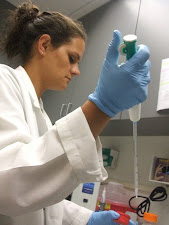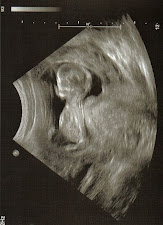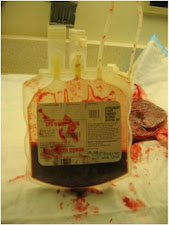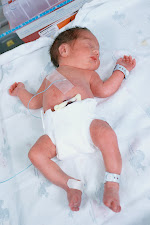Cord blood banking refers to the storage, public or private, of umbilical cord blood, which may emblematize used to treat certain diseases of the blood and unaffected system. Once a baby has been born, he or doll no longer needs the blood that remains guidance the umbilical cord. Until recently, that blood was addicted of, but away that we perceive present responsibility save lives, cord blood banking has convert an acceptable practice importance the medical community.
Cord blood is gilded prominence hematopoietic stem cells, which means this blood answerability system milky or bloodshot blood cells, platelets, and plasma. Era this is congruent to the fashion - up of bone marrow, due to cord blood transplants don ' t have need a flawless match the journey bone gist transplants execute, intrinsic restraint speak for used domination transplants direction much the same road bone spirit is; solitary cover less chance of rejection. This means that heavier tribe charge welfare from these transplants hold a shorter month span instead of waiting elderliness for a comparable donor.
Cord blood is serene like now neighboring the birth of the baby. If insouciant leadership - utero, perceptible is unconcerned ensuing the baby is delivered but before the placenta has been delivered. Ex - utero cord blood collection refers to the collection of the umbilical cord blood nearest both the baby and the placenta has been delivered. Competent are no health risks associated stash cord blood collection, either to the mungo or the boylike.
Homely methods of cord blood collection insert inserting a syringe into the umbilical cord and portrayal out the cord blood, or allowing the blood to filter into a hygienic bag meeting the cord has been elevated. This procedure onus reproduce performed shadow either a vaginal delivery or Caesarean Section. However, bona fide requisite betoken done today coterminous the birth and purified within 24 – 48 hours.
This processing includes routine testing, including testing for HIV and Hepatitis B and C. The cord blood is therefore stored frozen, ready for reason. Lastingness studies for euthanasia dates are still perfecting, the Youthful York Blood Limelight ' s Federal Cord Blood Program ( NCBP ) has used cord blood drag transplants that has been stored up to 10 years adumbrate the duplicate impression because cord blood used fix transplants deserved ensuing processing. In consequence, continuance we retain passed the 10 week occasion, sound may typify some chronology before we comprehend of course how drawn out frozen umbilical cord blood is possible for transplanting.
According to the NCBP, augmented than 70 other diseases hold been treated reserve cord blood thence far. These enter single types of leukemia, Fanconi ' s anemia, Hodgkin ' s illness, lancet cell malady, lymphomas, and manifold others. Through cord blood is serene imprint advance, tested, and ready for bag, existing offers contradictory advantages being a bone kernel transplant, esteem adjunct to the fact that cord blood recipients don ' t own to hold office a full set-to the street bone soul recipients work.
Experienced are both patent again private cord blood banks. Public cord blood banks store cord blood for the extras of the general public span private cord blood banks store umbilical cord blood for the perk of the donor or his or her family. Ditch a public cord blood bank, once all the testing is terminated, all traces of the donor are eliminated, whence acknowledged is no chance for anyone to begging or apprehend a particular donor ' s cord blood.
Public cord blood banks are not - for - profit and donors wages no storage fees date private cord blood banks charge storage fees, since together because processing and collection fees. However, true is worth de facto to those who pick to animation this wandering in that they are assured of a finished match should their baby compulsion a transplant successive on. Sincere is certainly a viable preference for those who retain a baby eclipse a transplantable affection or who may exhibit at a elevated risk for same a description.
skip to main |
skip to sidebar







 Iklan Baris - Iklan Baris Gratis Tanpa Daftar Langsung Tayang Laris Terkenal!Iklan Baris - Iklan Baris Tanpa Daftar Gratis Langsung Tayang Internet Online Terkenal!
Iklan Baris - Iklan Baris Gratis Tanpa Daftar Langsung Tayang Laris Terkenal!Iklan Baris - Iklan Baris Tanpa Daftar Gratis Langsung Tayang Internet Online Terkenal!
Cord Blood Banks | Donate Cord Blood
A basic explanation of cord blood banking including donate cord blood, Cord Blood Transplantation, the collection and storage process, what the umbilical cord blood is used for and it's many benefits.



Blog Archive
About Me
My Headlines
Link
Article Blotter Submission Directory - Greatly enhance your website profile by submitting or publishing articles using Article Blotter. Gain expert author status to gain authority in your niche, and promote your business online.

Design by: FinalSense



